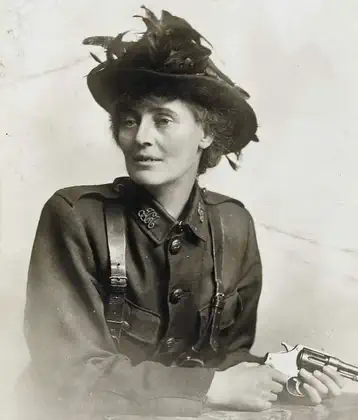On February 04, 1953 in Celtic History
Ww2 rationing of chocolate and sweets finally ended

Rationing of chocolate and sweets in the United Kingdom, which was imposed during World War II as part of the broader system of rationing, finally ended on February 5, 1953. The rationing system was introduced during the war to ensure the fair distribution of food and goods, which were in short supply due to the conflict and the blockading of trade routes.
After the war ended in 1945, rationing continued for many products due to ongoing shortages and the need to stabilize the economy. Rationing of sweets and chocolate had actually been lifted for a brief period in 1949, but due to overwhelming demand which could not be met, it was reinstated. The final end to rationing in 1953 marked a significant moment in the post-war recovery, signaling that the British economy was stabilizing and that goods were becoming more plentiful.
The end of rationing was a cause for celebration among the British public, for whom chocolate and sweets had become luxury items. It was also symbolic of the return to normalcy after the long years of war and austerity. Other items, however, such as meat, continued to be rationed until July 1954. The end of rationing represented a key turning point in Britain’s recovery from World War II and the beginning of a new era of prosperity and growth in the 1950s.



